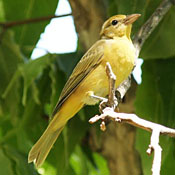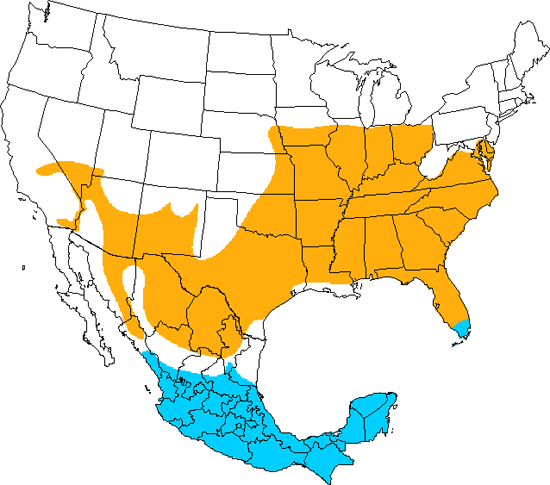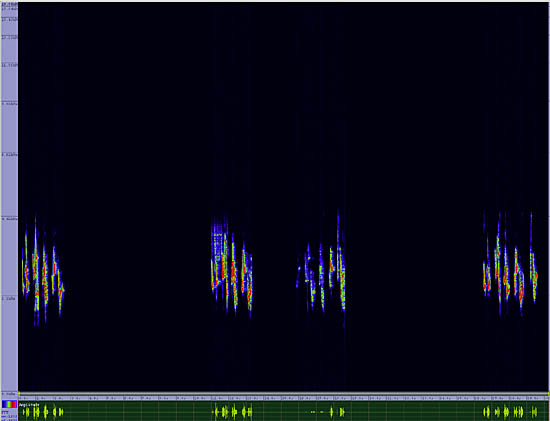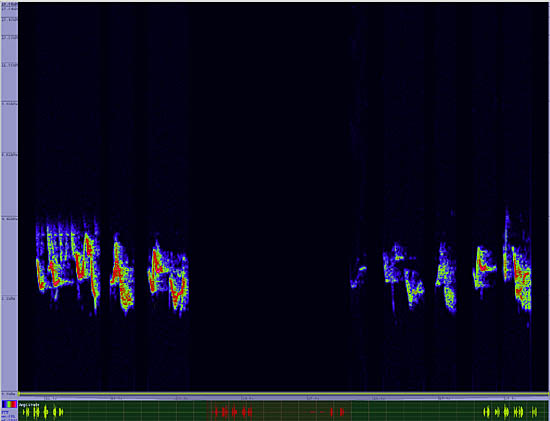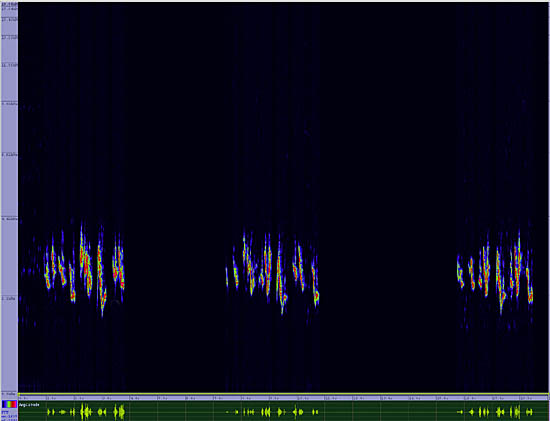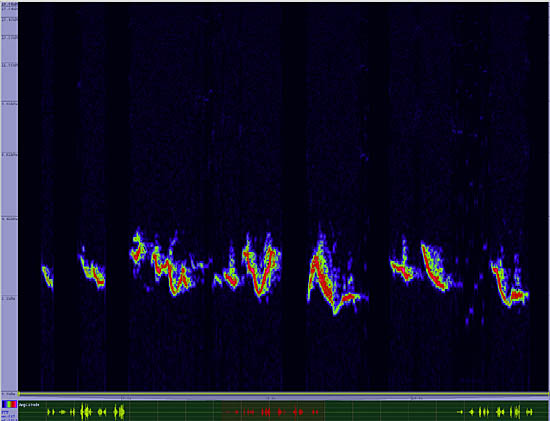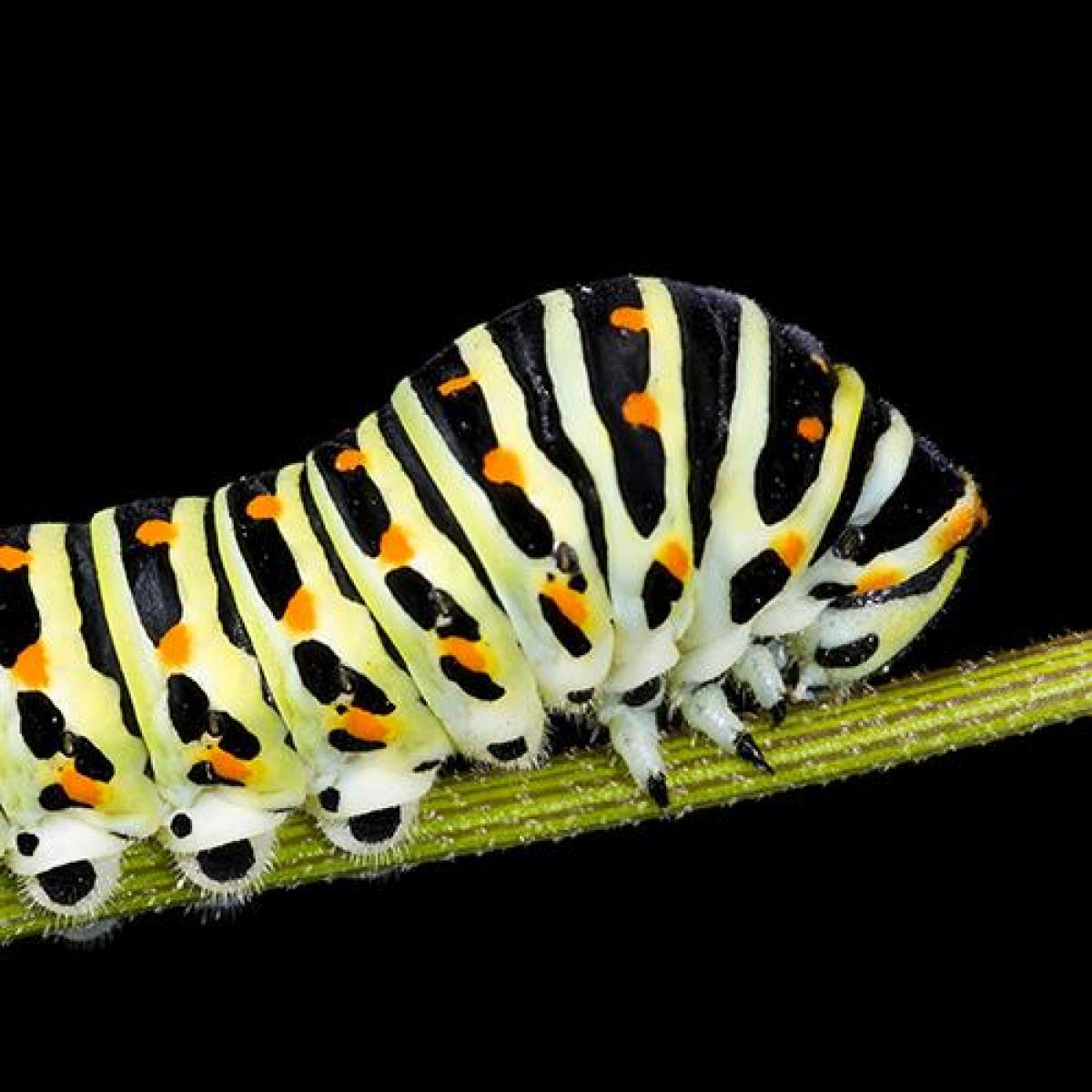Summer Tanager
Piranga rubra

Perching
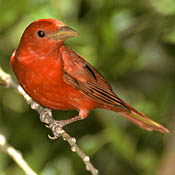
Length: 8 in. (20 cm )
A tree top species in broad-leafed and riparian forests, this tanager only occasionally descends to lower levels of the foliage. It feeds on insects, especially bees and wasps, and on fruit. The nest is cup-shaped, made of grass and moss, and placed high on a horizontal branch. Unlike the other North American tanagers that take on the female\'s colors during the winter, adult male Summer Tanagers stay bright red all year round.
The four-digit banding code is SUTA.
Bibliographic details:
- Article: Summer Tanager
- Author(s): Dr. Biology
- Publisher: Arizona State University School of Life Sciences Ask A Biologist
- Site name: ASU - Ask A Biologist
- Date published:
- Date accessed:
- Link: https://askabiologist.asu.edu/activities/bird/summer-tanager
APA Style
Dr. Biology. (). Summer Tanager. ASU - Ask A Biologist. Retrieved from https://askabiologist.asu.edu/activities/bird/summer-tanager
Chicago Manual of Style
Dr. Biology. "Summer Tanager". ASU - Ask A Biologist. . https://askabiologist.asu.edu/activities/bird/summer-tanager
Dr. Biology. "Summer Tanager". ASU - Ask A Biologist. . ASU - Ask A Biologist, Web. https://askabiologist.asu.edu/activities/bird/summer-tanager
MLA 2017 Style
Be Part of
Ask A Biologist
By volunteering, or simply sending us feedback on the site. Scientists, teachers, writers, illustrators, and translators are all important to the program. If you are interested in helping with the website we have a Volunteers page to get the process started.

